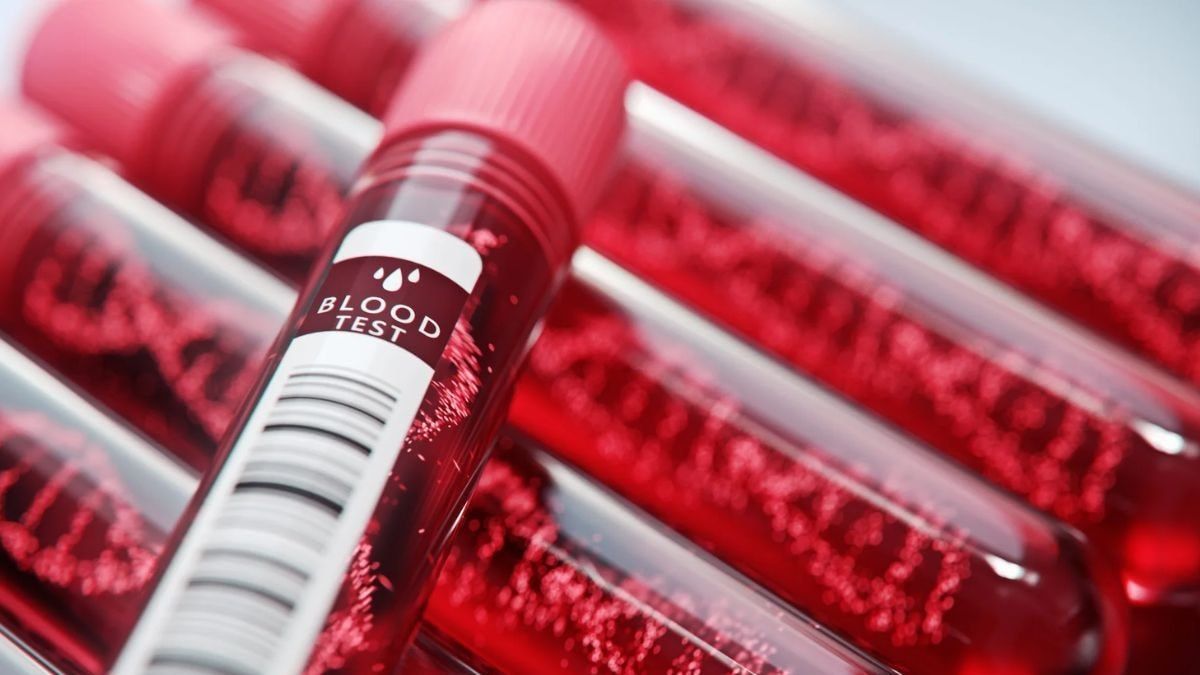Our blood type can influence our susceptibility to various diseases.
People with blood types AB and B face a higher risk of heart disease.
Did you know that your blood type can tell you a lot about your health? The blood that runs through your veins not only determines who you can donate or receive, but it also plays an important role in your overall well-being. Blood types are genetic and cannot be changed. There are four types of blood groups: A, B, AB and O. Nutritionist and psychiatrist Dr. Sheldon Zablow sheds light on how our blood type can influence our susceptibility to various diseases. He says: “Depending on blood type, a person can suffer from any disease.” Let's take a look in detail.
Risk of heart disease: People with AB and B blood types face a higher risk of heart disease, primarily due to higher cholesterol and greater amounts of proteins that are related to blood clotting. On the other hand, people with blood type O are generally less likely to develop heart-related problems. Stay away from polluted areas, exercise indoors, opt for a heart-healthy diet, avoid smoking, and monitor your heart health to avoid further risks.
Stomach Ulcers: While blood type O can get an advantage in terms of heart health, it's not all plain sailing. People with this blood group are more likely to suffer from stomach ulcers. They may also experience skin damage compared to other blood types. In addition to type O blood, type A blood also has a higher risk of developing certain stomach cancers. To stay healthy, add whole grains, fish, fruits and vegetables to your diet. Exercise regularly for at least 40 minutes and avoid smoking.
Vision impairment: People with blood group AB may develop vision impairment as they age. Protein problems in the blood can cause memory loss.
Blood clotting: Blood types A and B also have their own problems. These groups are more likely to have blood clotting problems, which can increase the risk of stroke.
Stress levels: If you are blood type A, stress management may be a major concern for you. Dr. Zablow explains that people with this blood group tend to secrete more cortisol, the stress hormone. This can lead to difficulties in overcoming mental health challenges. To maintain your mental health, exercise regularly. Aim for 7 to 9 hours of sleep each night.












